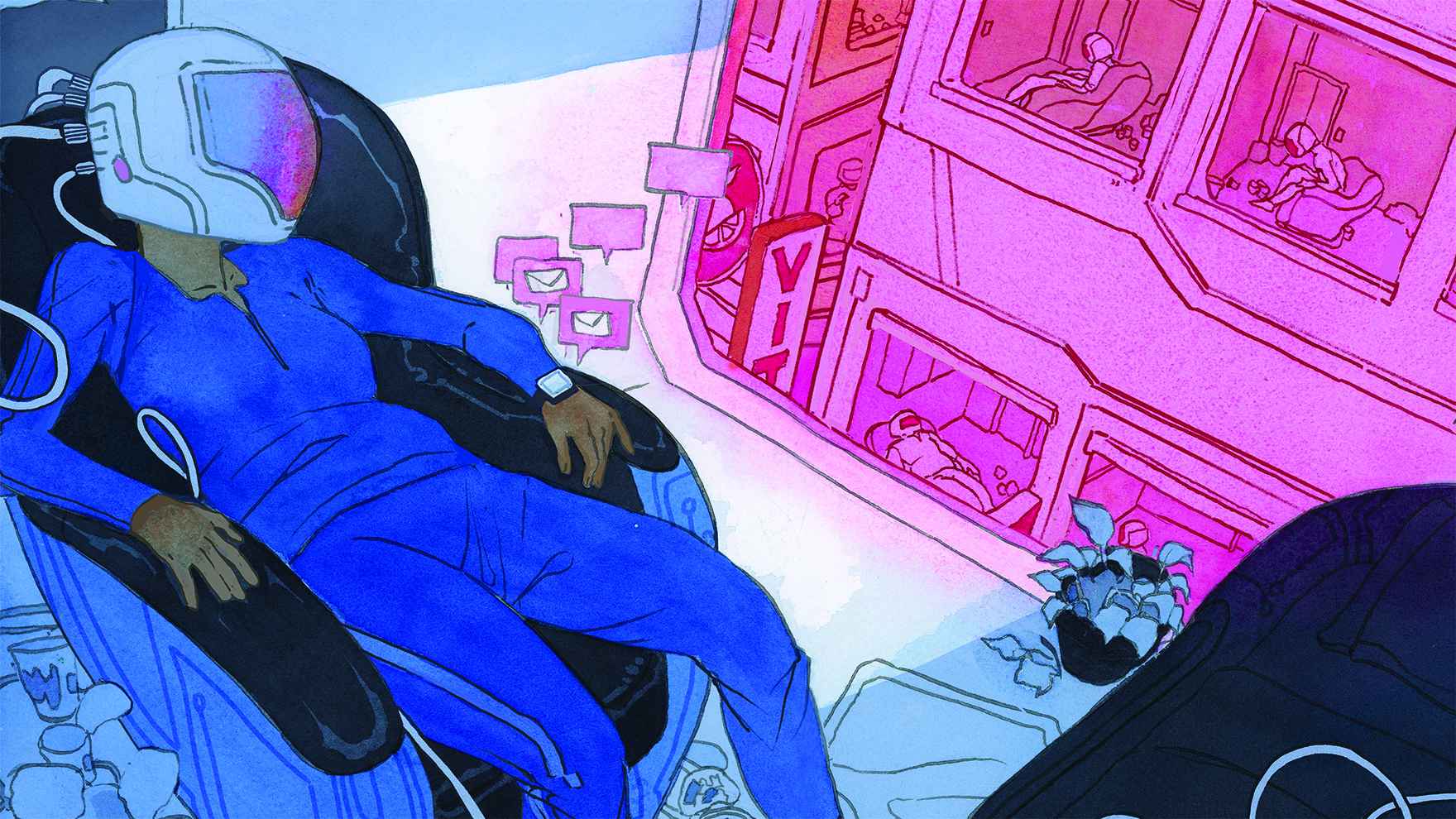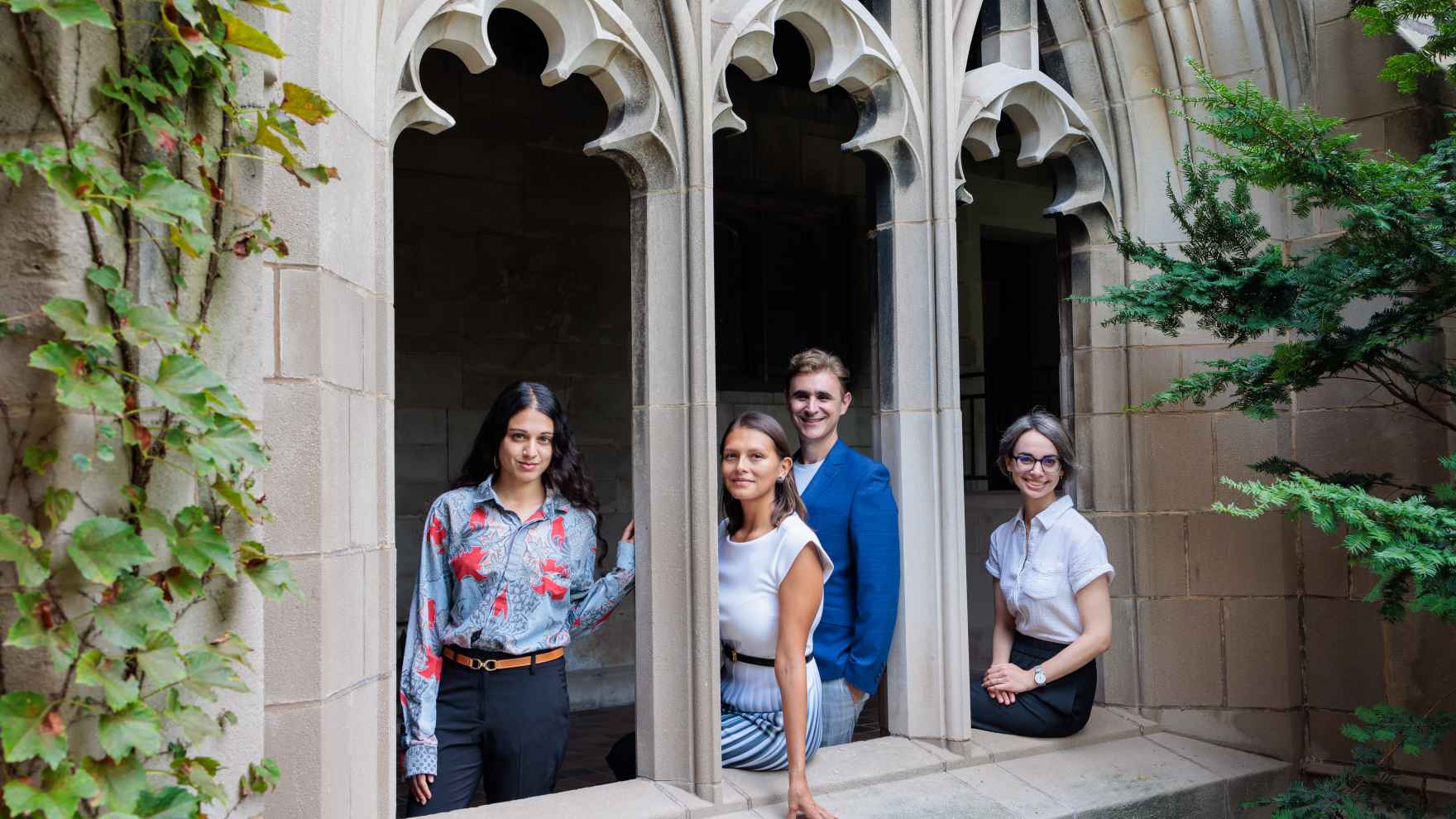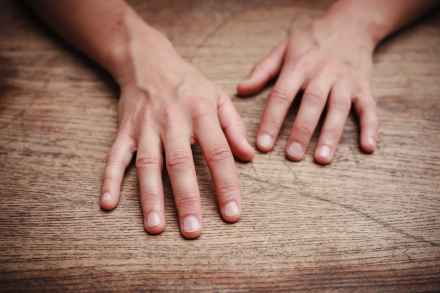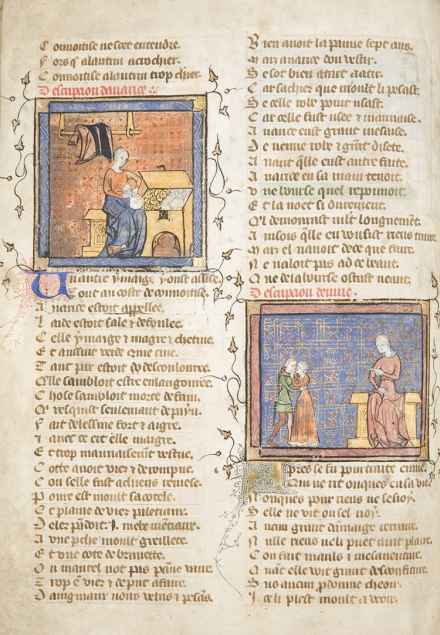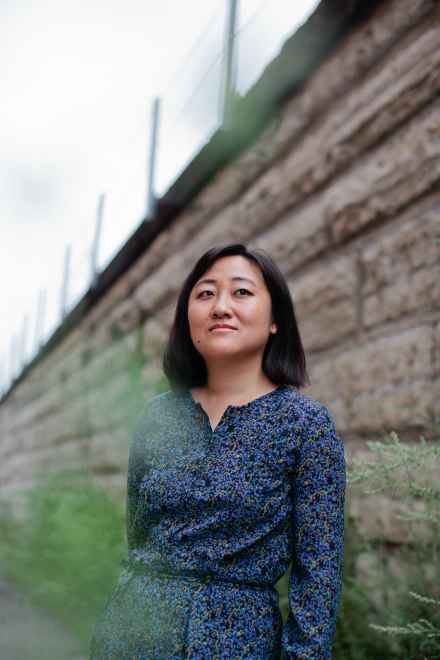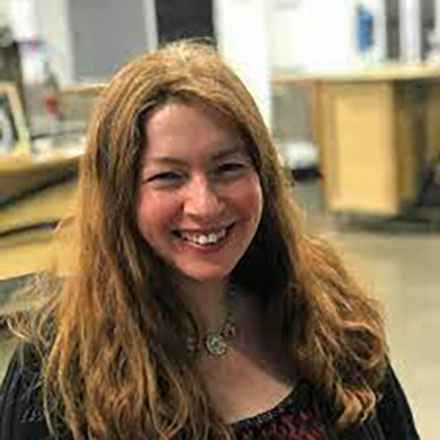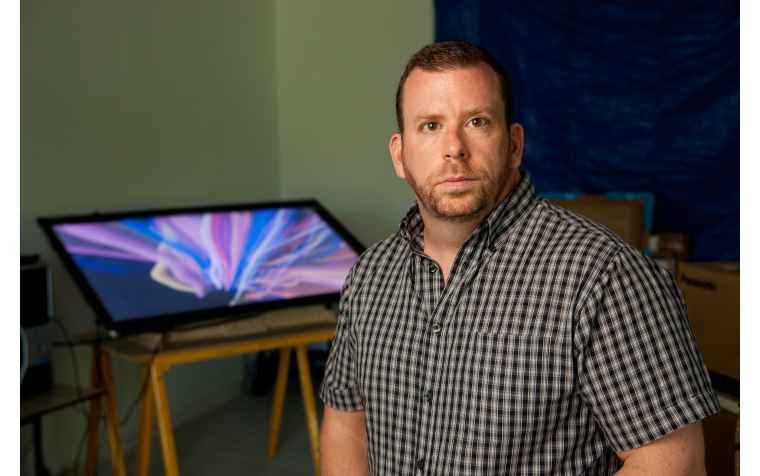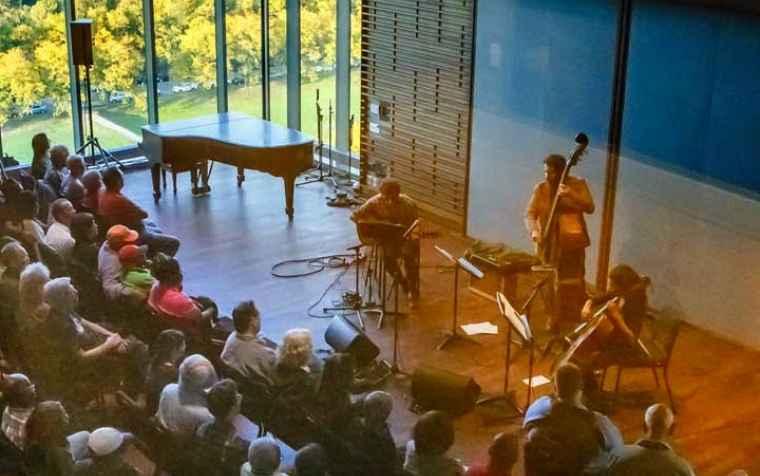Can You Describe a Sensation Without Feeling It First?
Blind or colorblind people can describe colors and use expressions like “green with envy” or “feeling blue.” A hearing-impaired person can also say those same vibrant hues are “loud.” But many linguists and cognitive neuroscientists have assumed that somatosensation—touch, pain, pressure, temperature, and proprioception, or the sense of where your body is oriented in space—is fundamental for understanding metaphors that have to do with tactile sensations. Understanding expressions like “she is having a tough time” or “that class was hard,” it was believed, requires previous experience with those sensations to extend their meaning to metaphors.
Now, research from the University of Chicago with a unique, perhaps one-of-a-kind individual, shows that you can comprehend and use tactile language and metaphors without relying on previous sensory experiences. These findings challenge notions of embodied cognition that insist that language comprehension and abstract thought require direct memory of such sensations.
NEH Grant to Transform UChicago's Creation and Delivery of Digital Collections and Research Data
The National Endowment for the Humanities is awarding the University of Chicago nearly $1 million to transform UChicago’s creation, stewardship, and delivery of digital collections and research data. Working together, the University of Chicago Library and Division of the Humanities will use the grant to build a new digital structure, UChicagoNode—the core of what will eventually be a network extending and enhancing the practice of digital research at UChicago and around the world. The University is committed to raising an additional $4 million to fulfill the vision for this project.
Treasure troves of more than 200 digital collections exist across the University, but they are found in a wide range of unconnected systems, including several hundred terabytes of digital content held at the Library. UChicagoNode will give researchers a single place to go to discover available digital collections through a unified, open access platform.
UChicago Writer's Second Book Wins Three Significant Awards
UChicago faculty member Ling Ma’s first book “Severance” (2018) received multiple accolades and funding, including the Kirkus Prize, the Whiting Award and the New York Library Young Lions Fiction Award as well earning her a fellowship from the National Endowment for the Arts. Her second book, “Bliss Montage” (2022) has won three significant awards in rapid succession: the National Book Critics Circle fiction prize, the Story Prize, and the Windham Campbell Prize for her collection of short stories.
“I am drawn to this form of writing and always wanted to write a book of short stories,” said Ling Ma, AB’05, assistant professor of Practice in the Arts in the Department of English Language and Literature and the College at UChicago. “A novel is a more forgiving format. In a short story, the reader sees the writer’s craft more easily.”
Two UChicago Scholars Awarded 2023 Guggenheim Fellowships
Guggenheim Fellowships have been awarded this year to two University of Chicago scholars, chosen on the basis of prior achievement and exceptional promise.
Prof. Orit Bashkin and Prof. William Howell are among the 171 Fellows selected in this year’s class from nearly 2,500 applicants to the John Simon Guggenheim Memorial Foundation. Their respective fellowships will support projects on the history of Middle Eastern Jews and how U.S. political institutions shape our democracy.

